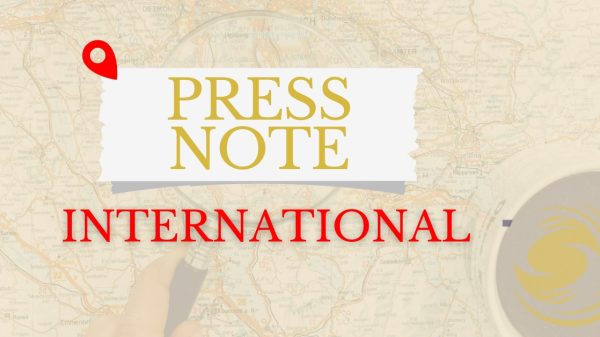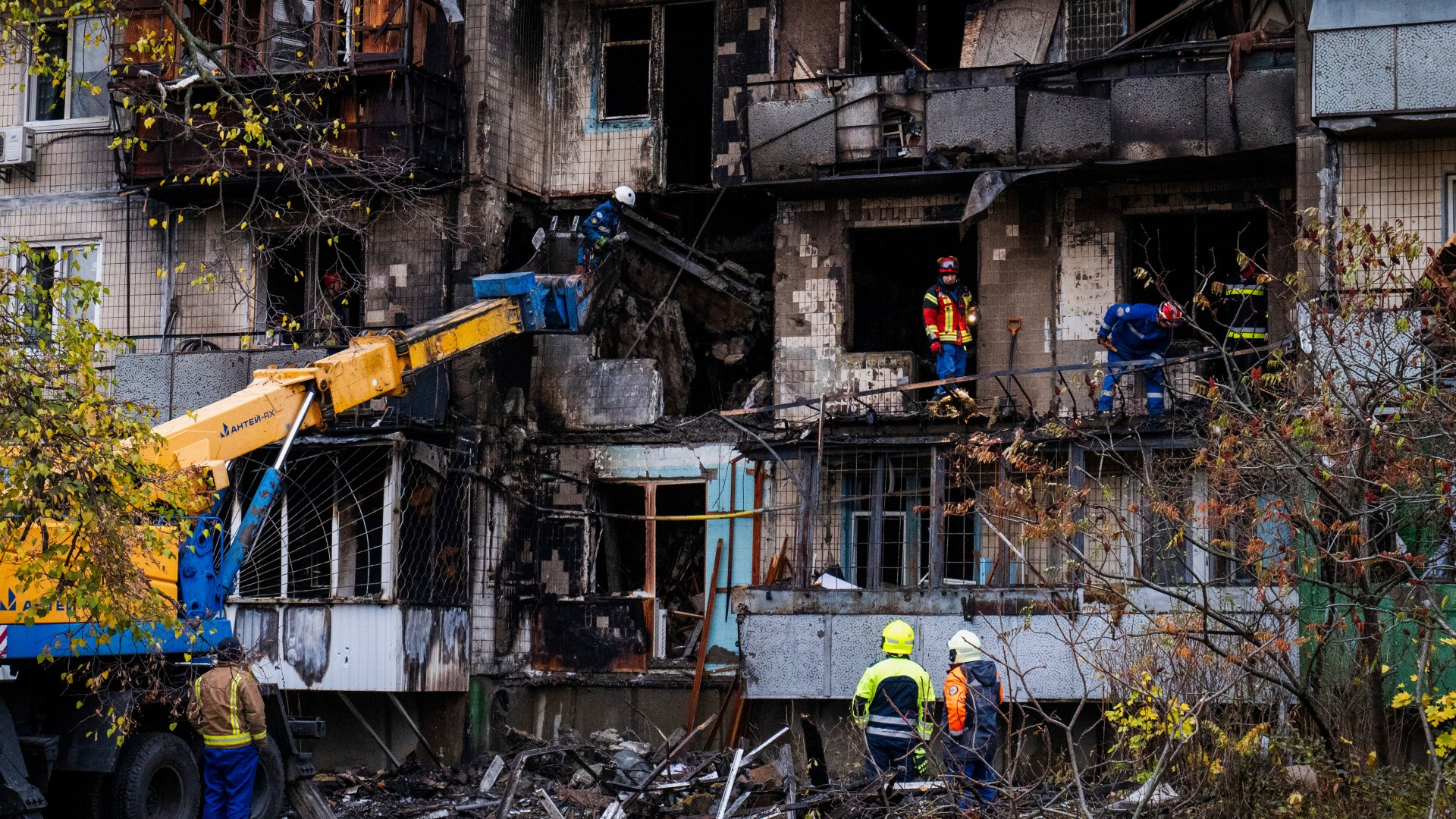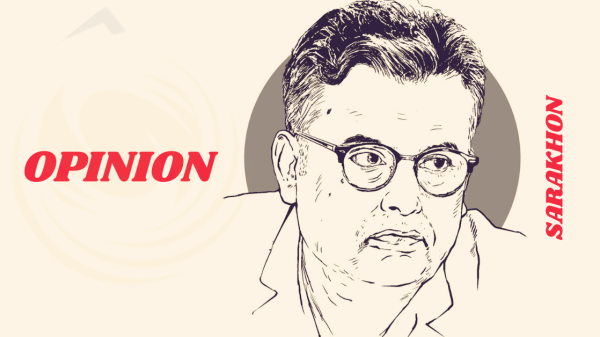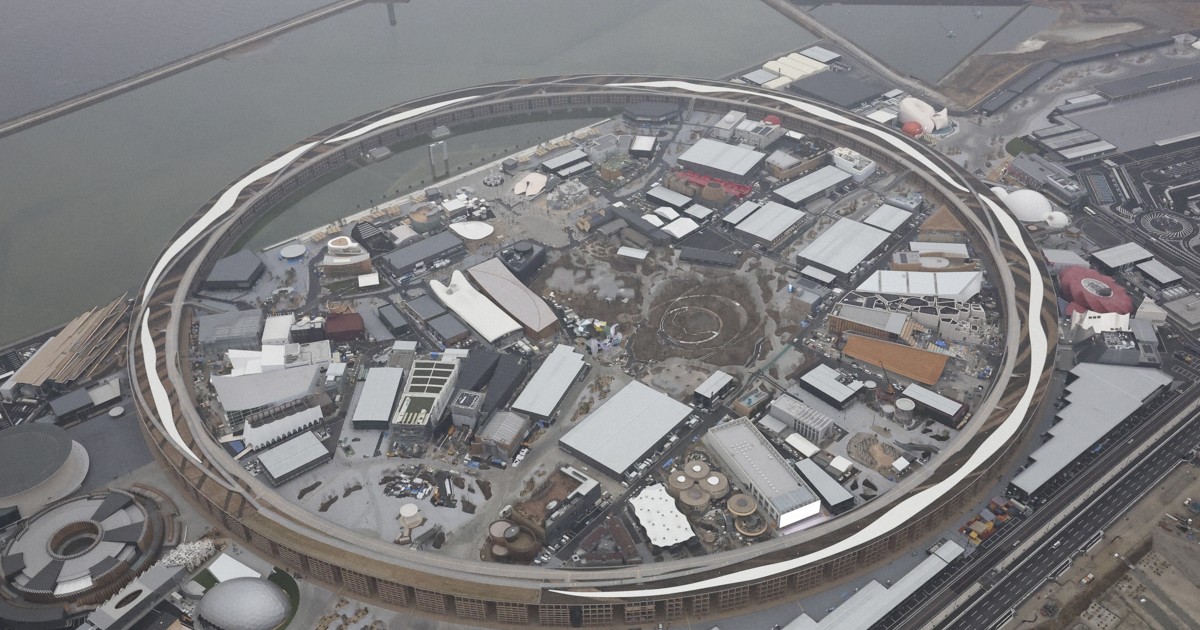Earth to Record Second-Shortest Day on July 22 Due to Speeding Rotation

China Lead Poisoning Scandal: Health Officials Under Investigation for Falsifying Test Results
SCMP,
Ten government officials in Gansu province, China, are under investigation following revelations that both a provincial disease control agency and a hospital falsified test results during a kindergarten lead poisoning crisis. The incident, which left more than 200 children with high levels of lead in their blood, has triggered national outrage. The Gansu Provincial Centre for Disease Control and Prevention and Tianshui Second People’s Hospital were found to have altered test results—reducing blood lead levels in reports to hide severe poisoning. One child’s level was manipulated from 440.14 mcg/L to 103 mcg/L. The cover-up extended over six months despite repeated abnormal test results, and the hospital failed to alert the kindergarten. Meanwhile, staff at the Gansu CDC also violated testing protocols and obstructed the investigation. The root of the crisis involved school meals tainted with industrial paint used as food coloring, reportedly with the principal’s approval. Of the 251 children enrolled, 247 showed elevated lead levels. Authorities have promised free treatment and accountability as public anger grows.
Erdogan Reaffirms Support for Two-State Solution in Cyprus
Ground News / SuperHaber,
During a visit to the Turkish Republic of Northern Cyprus (TRNC), President Recep Tayyip Erdogan reiterated his firm backing for a two-state solution to resolve the Cyprus conflict. Marking the anniversary of Turkey’s 1974 intervention, Erdogan declared, “It is time for the international community to come to terms with the reality on the ground.” Only Turkey recognizes the TRNC and maintains over 35,000 troops in the territory. The Greek Cypriot south and the United Nations have long advocated for reunification, but Erdogan’s stance insists on maintaining the current division. The unresolved conflict continues to generate tensions between NATO members Turkey and Greece, with over 2,000 Cypriots still missing and about 200,000 displaced since the war. Erdogan defended Turkey’s ongoing military presence as a legitimate right, despite Cyprus remaining the only EU member state under foreign occupation. His remarks come as diplomatic avenues for resolution remain stalled.
Russian Airstrikes Kill Two in Ukraine Amid Escalating Drone Warfare
Reuters,
Russia launched an overnight barrage of missiles and drones across Ukraine, killing two and injuring 15, Ukrainian President Volodymyr Zelenskiy confirmed Monday. The attack involved 426 drones and 24 missiles, with damage reported in Kyiv, Kharkiv, and Ivano-Frankivsk. Civilian structures including a kindergarten, apartment buildings, and a subway station were hit. Meanwhile, Ukrainian drone attacks disrupted flights in Moscow, with Russian authorities claiming they intercepted over 100 drones. President Zelenskiy renewed his call for “real pressure” on Russia, as peace talks remain deadlocked. President Putin has yet to respond to proposals for an unconditional ceasefire endorsed by Kyiv and supported by former U.S. President Trump. The EU recently passed new sanctions targeting Russia’s energy sector. French Foreign Minister Jean-Noel Barrot, visiting Kyiv, stressed the importance of sanctions to end what he called “an unbelievable war.” Meanwhile, Moscow demands NATO halt expansion and Kyiv recognize Russia’s territorial claims—conditions Ukraine has firmly rejected.
Earth to Record Second-Shortest Day on July 22 Due to Speeding Rotation
Space.com,
On July 22, 2025, Earth is expected to complete its rotation 1.34 milliseconds faster than the standard 24-hour period, making it the second-shortest day ever recorded. While the change is imperceptible to humans, it reflects an ongoing and poorly understood acceleration in the planet’s rotation. Previously, Earth’s rotation had been slowing due to tidal friction from the moon. However, since 2020, record-short days have become more frequent, with July 5, 2024, currently holding the shortest-day record at 1.66 milliseconds less than 24 hours. Scientists speculate the recent acceleration may stem from changes deep within Earth’s core, rather than atmospheric or oceanic effects. One 2024 study also suggested melting polar ice and shifting sea levels may play a moderating role. Experts warn that if the trend continues, a “negative leap second” may be required around 2029 to recalibrate atomic clocks—a correction that has never been attempted. Researchers remain divided on whether this speed-up is temporary or indicative of a longer-term shift.



















